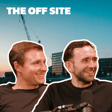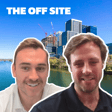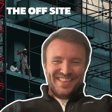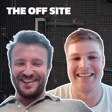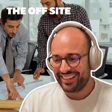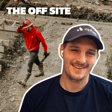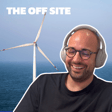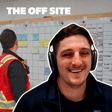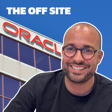
Why Are Construction Events So Bad? (And How to Fix Them)
Join Jason and Carlos on The Off Site Podcast as they explore three major developments shaping the construction technology landscape:
💰 WakeCap's $28M Series A: The Saudi-based construction tech company secures major funding for smart hard hat workforce tracking. Explore the competitive landscape of labour productivity tracking, privacy concerns, and the technology debate between wearables, apps, and camera-based solutions.
🎪 The State of Construction Events: A candid discussion about the current conference landscape in construction - what's working, what's not, and creative ideas for making industry gatherings more valuable for attendees who sacrifice site time to attend.
🎯 Market Strategy Debate: Examining a thought-provoking LinkedIn post about go-to-market approaches in construction tech. Should startups focus on niche markets or aim broadly? The hosts debate the merits of different growth strategies in a fragmented industry.
Key Timestamps:
00:00 - Introduction & Autodesk's controversial ad
05:32 - WakeCap's funding and workforce tracking
21:20 - Construction events discussion
33:22 - Market strategy debate
Check out the Off Site newsletter here
Follow Carlos on Linkedin | Follow Jason on Linkedin | Check out Aphex
